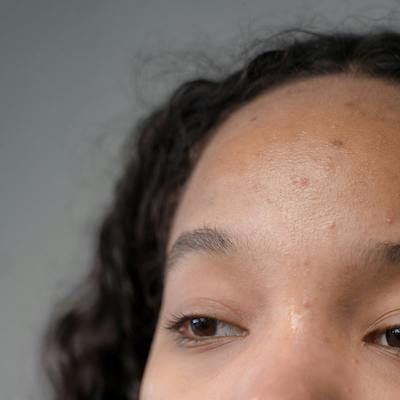Opinion
Video
Impact of Deucravacitinib on Plaque Psoriasis Treatment Landscape
Author(s):
An expert in dermatologic conditions examines laboratory requirements for initiating deucravacitinib in patients with moderate-to-severe plaque psoriasis and the impact of deucravacitinib on the treatment landscape.
This is a video synopsis of a discussion involving April W. Armstrong, MD, MPH, Professor and Chief of Dermatology at UCLA, and Chair Emeritus of the Medical Board of the National Psoriasis Foundation. Dr. Armstrong specializes in psoriasis and atopic dermatitis.
Dr. Armstrong outlines the minimal laboratory requirements for initiating treatment with deucravacitinib. At baseline, patients are typically assessed for tuberculosis (TB) status, often through QuantiFERON testing. Additionally, for patients with suspected or known liver disease, liver function tests (LFTs) or viral serologies may be recommended.
Regarding ongoing laboratory monitoring, there are currently no specific requirements for patients on deucravacitinib. Dr. Armstrong emphasizes that deucravacitinib, as a newer oral medication, has shown favorable results in both clinical trials and real-world experience. Its efficacy, especially in comparison to Apremilast, is notable, making it a leading option for patients with moderate to severe plaque psoriasis.
Dr. Armstrong acknowledges the array of treatment options available for patients, including highly effective injectable biologics. She discusses patient selection criteria, noting that deucravacitinib may be particularly suitable for patients with moderate to severe plaque psoriasis, leaning towards the moderate end of severity, who prefer the convenience of oral therapy.
For patients with more severe disease, Dr. Armstrong suggests considering biologic agents with robust efficacy. Overall, patient selection is crucial, and deucravacitinib is best suited for those with moderate to severe psoriasis, leaning towards the moderate end of severity, who prioritize the convenience of an oral medication.
Video synopsis is AI-generated and reviewed by HCPLive® editorial staff.





